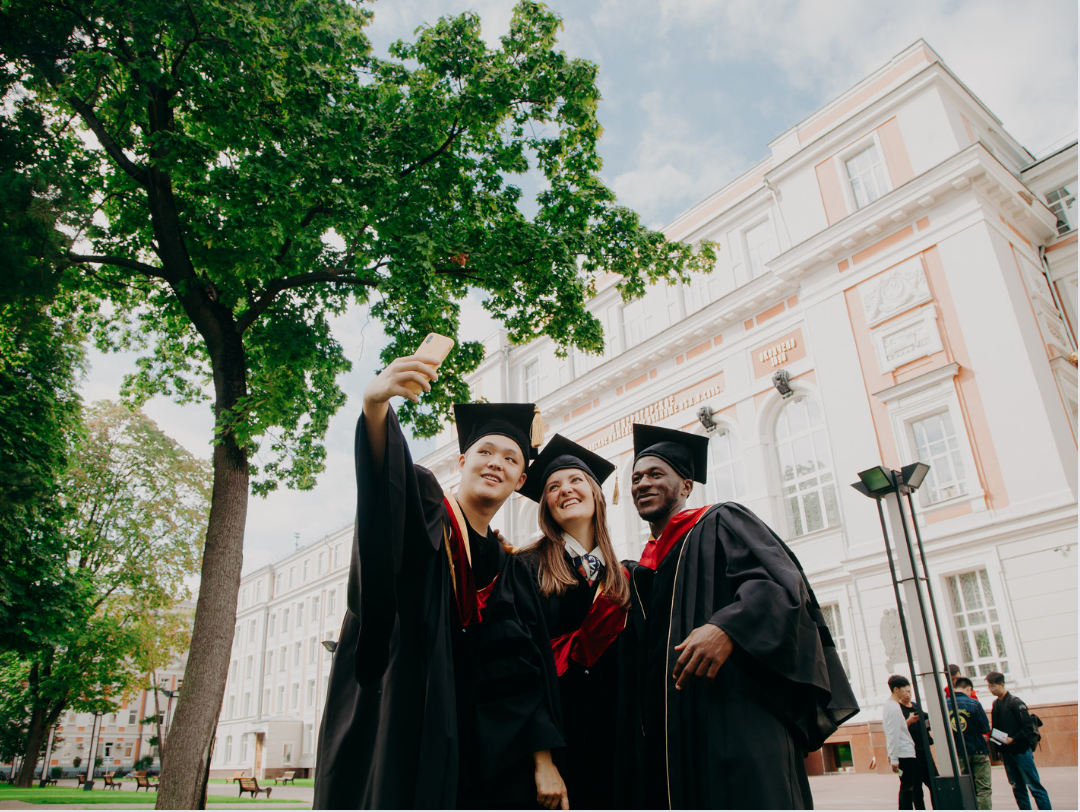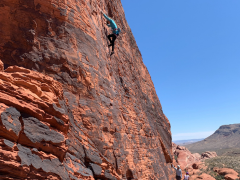A Passion for Statistics: An Interview with Madhumita Roy
May 31, 2018
 Madhumita found her passion for statistics, the science of learning from data, as an undergraduate economics student in India. She learned that among her other courses, statistics was the most useful and relevant subject that can be applied to any field of study. She then received her master’s in statistics from the Institute of Science in Nagpur, India, but decided to get the same degree in the U.S. at San Jose State University in California’s Silicon Valley.
Madhumita found her passion for statistics, the science of learning from data, as an undergraduate economics student in India. She learned that among her other courses, statistics was the most useful and relevant subject that can be applied to any field of study. She then received her master’s in statistics from the Institute of Science in Nagpur, India, but decided to get the same degree in the U.S. at San Jose State University in California’s Silicon Valley.
This is Statistics had the opportunity to talk to Madhumita about her experience with statistics, and why it’s important for students to study the subject.
What motivated you to make the move from India to the U.S.? How is studying statistics different between the two countries?
I decided to pursue another degree in statistics in the U.S. so I could delve deeper into understanding the subject, rather than just practicing its application.
When did you first become interested in statistics? Required class to take?
I took a statistics class because everyone said that you need to take the course for a degree in economics. In my first semester, I felt myself gravitating towards statistics, wanting to use my time to discuss the subject.
My passion came from the curiosity to learn the skills that’ll give me the power to analyze content from any part of the world.
I realized that if you know statistics, you will have the skills to work in any field and with any type of data, including economics. I moved on to a master’s program because I knew it would provide me with more career options post-grad.
What inspired you to pursue statistics as a field of study on a graduate level? Did you consider statistics in terms of prospective careers?
When I was an undergraduate student, I wasn’t 100 percent sure what field I wanted to work in. I considered doing a master’s in economics or an MBA, but decided on statistics because it’s a skill useful for any major. What attracted me to the field more, was the use of data science in the U.S. I realized how much power you have when you can analyze data because just knowing data isn’t enough.
What advice would you offer students thinking about becoming graduate students in statistics?
For those thinking about pursuing statistics, I would tell them to go for it.
The skills you develop will be applied across fields, and is extremely useful – more than anyone realizes.
What advice would you offer students who are considering taking a statistics class?
If your goal is to have skills to understand and analyze data, statistics is the way to go. For starters, I’d recommend taking foundation courses like probability theory, regression, estimation of parameters, etc. This will help in creating a strong base as a statistician. Gradually, once you figure out the field where your interest lies in working as a statistician, you can choose courses accordingly. The best part is that by taking various courses, you can have the skills of a statistician for a variety of fields.
What have you found in your research of statistics careers? What kind of statistics careers have you considered and why?
I joined the masters program in statistics at San Jose State University with the mindset of having a career in actuarial science and finance. But, after attending various data science meetups, my vision changed towards being a statistician. These meetups, some of which were hosted by American Statistical Association, gave me the opportunity to connect with people from companies like LinkedIn, Facebook and Uber. Through my interactions with them, I became aware of how the foundation of data science consisted not only of statistical tools, but also programming skills (SQL, R, Python to name a few). I am fascinated by how companies like Facebook and LinkedIn analyze their likes, demographic, etc. and would be really interested in working in a similar field.
What are the most important statistics skills you have learned on a graduate level?
Even though it’s only been a semester at San Jose State University, it has been the most enlightening academic experience I’ve ever had. Doing probability theory and mathematical statistics in my first semester has helped me visualize the basics and create a foundation for advance concepts of statistics.
Furthermore, interacting with statisticians and data scientists has not only inspired me to work on developing relevant programming skills, but also communication skills, which is extremely important because you should be able to communicate what you analyze by using simple words rather than technical jargon.
What do you enjoy most about your work in statistics?
The famous mathematician, John Tukey, said, “The best thing about being a statistician is that you get to play in everyone’s backyard.” This pretty much sums up why the field is attractive and empowering.
I love that no matter how diverse or complicated a problem may be, with the help of statistics, there is always a way to analyze it and give meaningful results.
I believe that working as a statistician is full of intellectual challenges that, when you overcome, not only makes you stronger as a person, but also makes you crave for more challenges!
Considering a graduate degree in statistics? Visit our Graduate Programs page for more information.
If you’re a 2018 statistics graduate at any level, don’t forget to share your photos on social media and use the hashtag #StatsGrad for your chance to win a $50 Amex gift card.
Reviewed by the This is Statistics Team 08/2023
Related Posts

Hindsight Is 2023 for Former Statistics and Data Science Students
It’s back-to-school season! Gear up for the upcoming semester and consider diving into the captivating world of statistics and data science. Looking for diverse job opportunities that span across every industry? Look no further! With a variety of graduate programs and jobs, now is a great time for students to become data scientists and statisticians….

Elizabeth J. Kelly: “Statistics is for Adrenaline Junkies”
Elizabeth J. Kelly has always loved math, and as a professional statistician at Los Alamos National Laboratory (LANL) and a recreational rock climber, Elizabeth is an avid thrill-seeker who enjoys a challenge. “Math reminds me of climbing, including the need to focus, problem solve and persevere. I guess I ended up in statistics because I…

